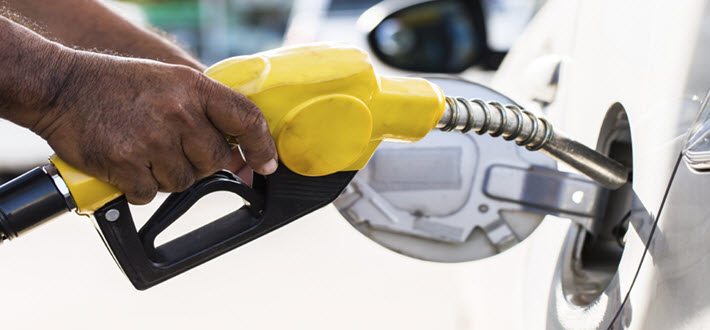If you really want to feel like you are King (or Queen) of the Road, drive a German brand car. These models of automobiles have a great reputation for craftsmanship and engines that just will not quit. You will be driving a very powerful car that provides a very smooth ride. One thing that people are curious about regarding German models is the type of fuel that has to be used. Cars from Deutschland need high-octane juice.
High-octane gasoline for better performance
This is a slight drawback for a few people because the high-octane is going to be more expensive. German automobiles will need 91 octane and lower levels will not be satisfactory. These cars are specifically structured for the use of high-octane gasoline. The reason is better performance. Horsepower is a primary feature of the German brand, whether it is a Mercedes or an Audi. The science of the automobile engine notes that just prior to the spark plugs igniting, there is some uncontrolled combustion, which is known as a ping. This burst of energy is something that is going to eventually cause serious damage to the engine. Higher octane will prevent a premature fuel detonation. Lower octane is not as capable.
Features of high-octane gasoline
Being able to control the ping allows a German car manufacturer to concentrate more on top level performance. Early fuel detonation is not the problem it would be with lower octane fuel. Because this little ping irritant is not going to damage the engine, increasingly more power can be drawn from every drop of gasoline. High-octane gasoline is also much cleaner. There’s less stress placed on the engine and the entire car because of that. What is best is that the higher octane permits the German model to last longer. The engine is able to maintain high performance for extended period of time. Some car owners may want to save a little money at the pump and use a lower octane fuel on their BMW. This is being penny wise and very pound foolish. The engine of a German car is intended to take higher octane. Using anything less is going to create significant stress on the engine.
Think about fuel economy
Fuel economy is something that has to be thought about. Any car that is designed for higher octane gasoline is not going to be as efficient if it is required to use the lower octane. It means that a car owner will get less miles per gallon with a lower octane, even though the price is less. This person ends up actually paying more for fuel.
Drawbacks of lower octane fuel
The price exacted for using lower octane does not end at the pump. The engine of the German model is a very sophisticated piece of machinery. It cannot be toyed with by using inferior energy products. Even if the car has knock sensors, there is damage being done to the engine. A real  nightmare can happen if the engine breaks down completely. The owner is faced with a repair bill that can be in the thousands of dollars.
nightmare can happen if the engine breaks down completely. The owner is faced with a repair bill that can be in the thousands of dollars.
Looking at the economics of car ownership, anyone who owns the German model has to look at the type of return on investment ultimately achieved. It is possible to get a fair amount of life out of a German car by using lower octane fuel. The difficulty is the life of the car is cut shorter by using the cheap brands. An older model has already seen years of hard work on the road. The engine is still capable, but it has seen some tough years. Using lower octane is going to dramatically cut down the years of enjoyment. The older model still costs a lot of money. Having its engine damaged by use of poor gasoline means the return on investment is dramatically cut, and the owner is required to buy a new car earlier than necessary.
Conclusion
Performance is a primary reason why anybody would buy a German car. It simply makes good sense to take care of the automobile so that its power is at top level for years. Higher levels of octane will cost more at the pump but it is worth it. You have the enjoyment of a magnificent car for a longer period of time, primarily because of a decision to spend a few pennies in order to save a lot of dollars.

